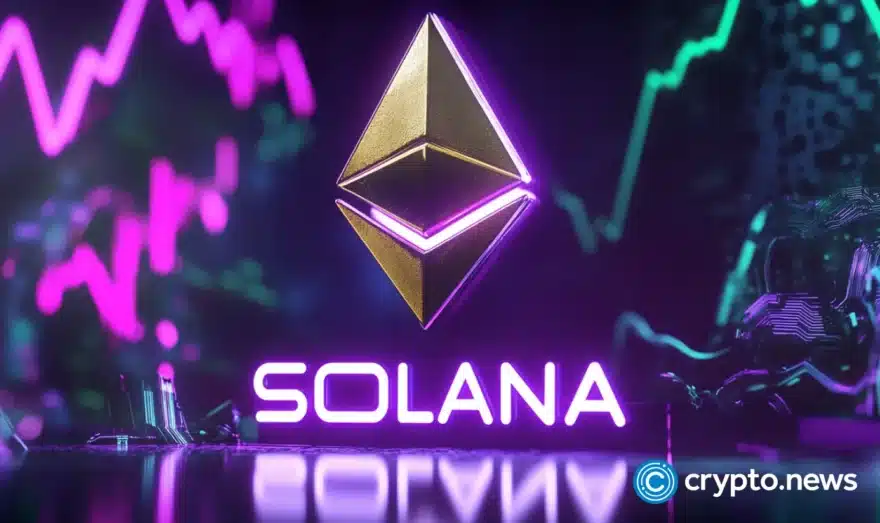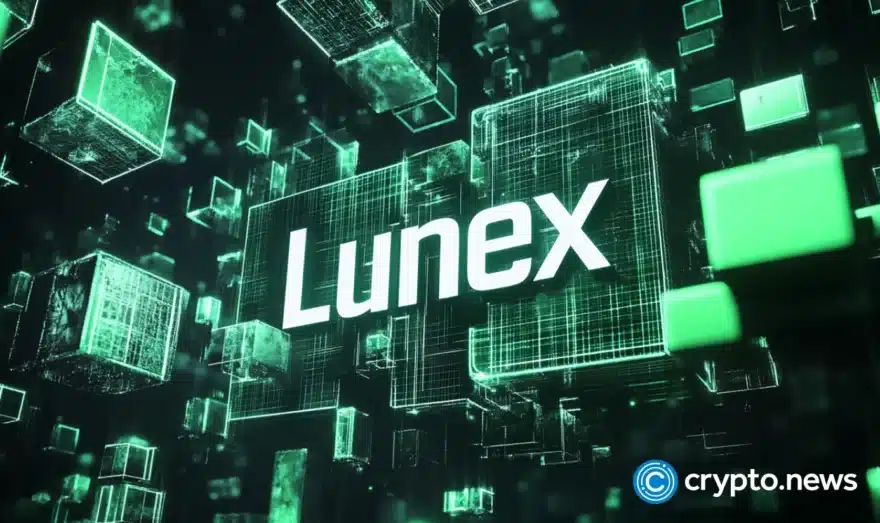Chainlink slips despite oracle adoption, InQubeta offers an alternative

In crypto, competition and invention are pivotal in determining success. Despite being a leader in providing Oracle services, Chainlink (LINK) is still struggling in the current market conditions. Meanwhile, InQubeta (QUBE) is being increasingly explored as an alternative.
InQubeta provides an alternative
InQubeta connects investors with artificial intelligence (AI) startups using its native token, QUBE.
Its fundamental concept involves fractional investment in AI startups via non-fungible tokens (NFTs). This approach democratizes investing, allowing individuals with diverse budgets to become early backers of potent projects.
QUBE is also deflationary, and InQubeta imposes a 2% fee on every buy and sell transaction, with the proceeds directed towards a burning wallet. Another 5% sell tax is channeled to a dedicated reward pool, incentivizing token staking.
The combination of AI and crypto can offer new opportunities. InQubeta recognizes that traditional investment methods have limitations and aims to provide a more open and fair alternative.
AI technology is appealing because it can drive innovation and progress, especially in startups. However, legacy investment options can be exclusive.
InQubeta bridges this gap by making AI startups accessible to everyone. Using smart contracts, InQubeta ensures a secure and transparent investment process. Its NFT marketplace enables AI startups to raise funds while exposing investors to promising and vetted projects.
Investing in these startups supports their growth and contributes to the broader development of AI technology.
Increased adoption of QUBE may increase demand and even drive prices. Similarly, holding and staking QUBE reduces supply, potentially raising long-term prices.
QUBE plays a role in governance, giving token holders a voice since they can propose, discuss, and vote on platform improvements, ensuring a democratic, community-driven ecosystem.
Chainlink slips
In crypto, even the most established projects face challenges. Chainlink, known for its pioneering work in the oracle space, is no exception.
As the industry matures, competition in the oracle sector has grown. Several projects have joined, all trying to solve the same issue Chainlink initially tackled – establishing a secure and dependable link between smart contracts and real-world data. While competition can foster innovation, Chainlink must consistently demonstrate its relevance and stay at the forefront of technology.
Scalability is also a shared challenge that also affects Chainlink. With the increasing demand for decentralized Oracle solutions, Chainlink must ensure its network can efficiently handle larger data loads. Scalability problems could lead to congestion and higher transaction costs, potentially slowing adoption.
Even as one of the leading Oracle providers, Chainlink must keep expanding its reach. Encouraging more projects to incorporate Chainlink oracles is vital for its ongoing growth. This involves educational initiatives, engaging with developers, and forming partnerships to showcase the value of its services.
In addition to facing competition, the constantly evolving regulatory landscape challenges Chainlink and other crypto projects. They must comply with different global regulations while maintaining their decentralized nature. This can be a tricky balancing act.
The crypto market is known for its volatility, which can affect the prices of tokens like LINK. Chainlink must work to maintain its investors’ confidence while also weathering market fluctuations and fulfilling its commitments.
Conclusion
In a dynamic crypto landscape, InQubeta offers a transparent alternative to traditional investment methods. As it pioneers the path toward the future of AI technology investment, the crypto community is taking notice.
Disclosure: This content is provided by a third party. crypto.news does not endorse any product mentioned on this page. Users must do their own research before taking any actions related to the company.














